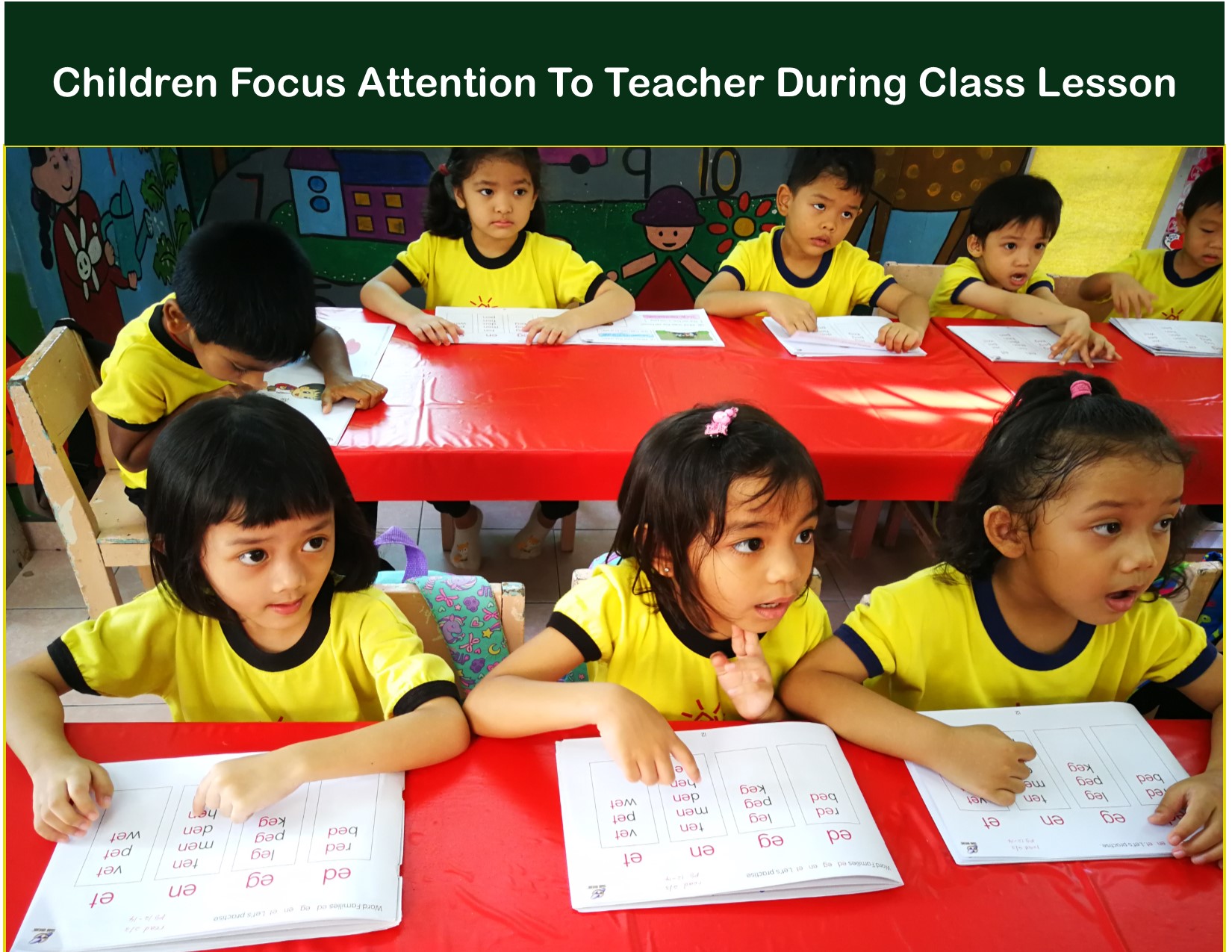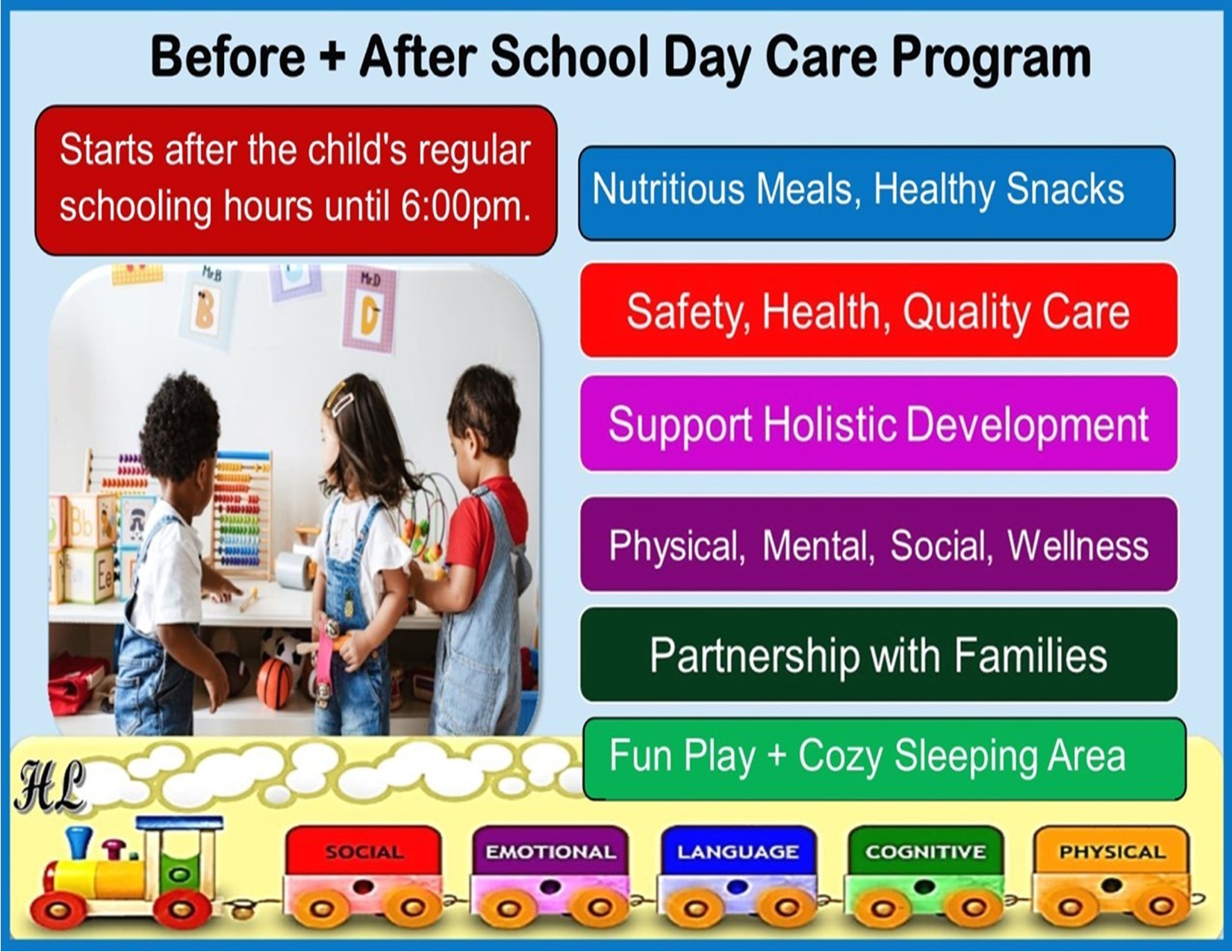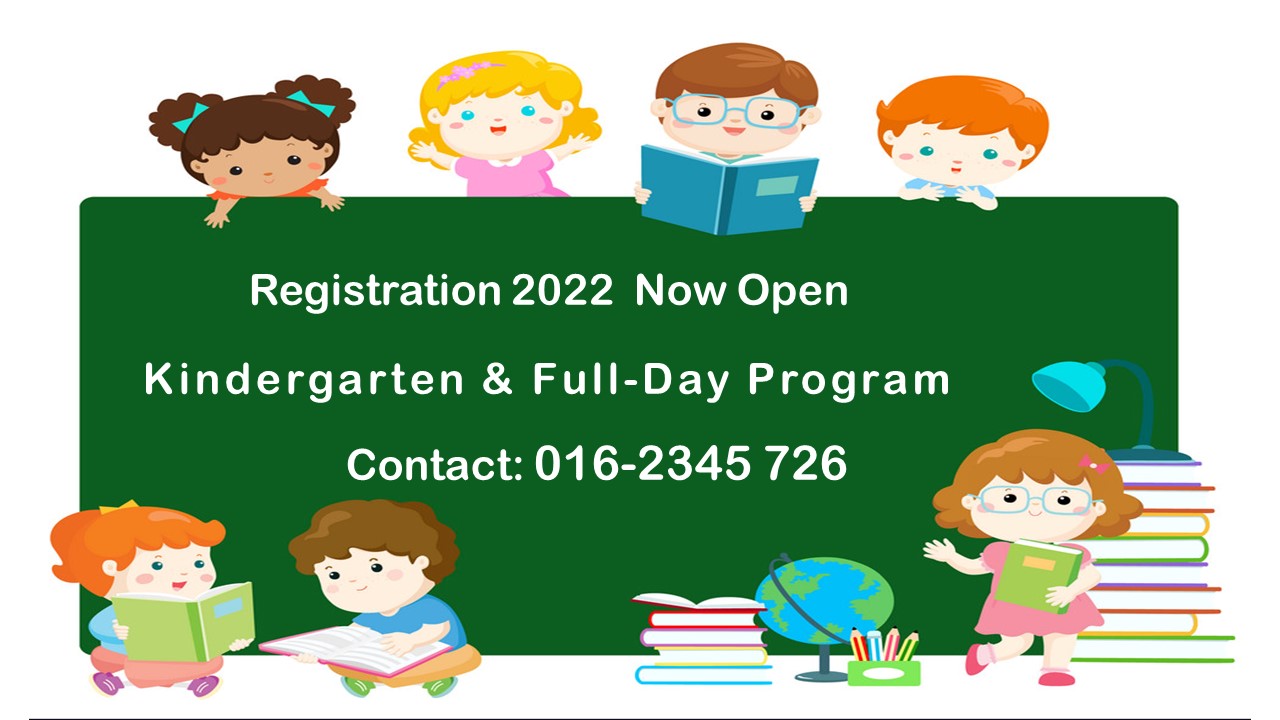Motivating Self Discipline
All children are treated with respect. Children will not be disciplined in a punitive manner. Clear guidelines are provided so that children know what is expected of them. Limits that relate to safety protection of self, others, and the environment are clear and are enforced consistently in a positive way. 
What children learn in the process of self discipline?
• Discipline comes from the root word - " to learn".
• Discipline is not simply punishment. Punishment tells your children what not to do.
• Discipline tells them what to do. Self discipline is learning to control one's own behavior.
• Children learn better ways to behave. They learn to direct their energies towards positive activities.
• Self discipline guides children to make better choices, develop responsibilities, cooperation, problem solving skills etc.
• Self discipline is powerful, helps children to learn constructively, happily, healthily and effectively.
• Love and mutual respect should be cornerstones of parents relationship with children. Using force to discipline children can seriously harm the foundation of the loving relationship.

How to Motivate Positive Self Discipline?
Using positive disciplinary techniques
• Knowing how to discipline our children is an essential parenting skill to master. Children need to be taught about right and wrong.
• Every child has different developmental levels. You have to find a style of discipline that work for you.
• Discipline requires consistency, so you must establish rules and stick with them.
• Positive self discipline techniques teach your children how to behave and encourage respect.
Discipline focus on the good behaviors
These tactics must be age-appropriate.
* Discipline involves learning acceptable behaviors.
* Set clear expectations - the best way to guide positive behavior
* Set clear boundaries- as to what is allowable and what is not.
* Respecting boundaries and self-control.
* Reward for good behaviors and limitations for bad behaviors.
* Focus on solutions instead of punishment.
* Mutual respect- Kind and firm at the same time
* Effective communication and problem solving skills.
What do you do when your children break the rules?
• When you discipline your children, it is important to stay calm.
• Do something that makes sense and will help your children to learn not to make the same mistake again. For example if your children write on the wall, have them help to clean up.
• You can use these problem-solving steps to help your children think through what happened and figure out how they can help themselves not to make the same mistake again.
• Avoid physical punishment. Physical punishment will make your children more angry and aggressive.
• Speak to your children about their misbehavior and explain the desired behavior that will help. Encourages children to form positive beliefs about themselves, their world, and their behavior.
To Your Parenting Success
Helen Law
|
I find the teachers at Aman Ceria, very dedicated, they are good role models, always guide the children with love and patience. Daniel loves to go to school because he is always encouraged to learn and try new things. I can see his improvement in attention span, in self-control, in interest towards study, in learning new vocabulary, in creativity and most importantly in understanding of values and attitudes. Thank you, Mrs. Law, teachers for your patience and love. Theresa Yap ( Ex-Art Lecturer Of UTAR and KBU) |





